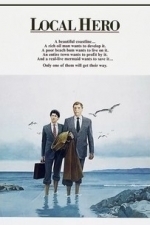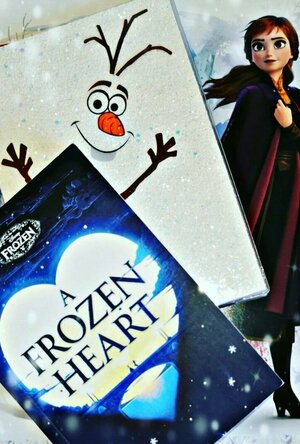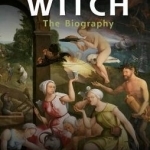
The British Witch: The Biography
Book
For over five hundred years witches, male and female, practised magic for harm and for good in their...
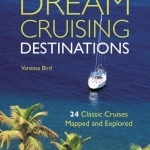
Dream Cruising Destinations: 24 Classic Cruises Mapped and Explored
Book
Most yachtsmen dream about cruising to an exotic destination; this is the book that will turn...
The Top 500 Summits: A Lifetime of Hillwalking
Book
The Top 500 Summits are the highest 500 mountains in Britain and Ireland with a drop of at least 500...
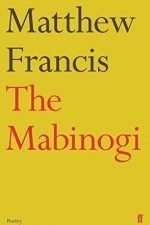
The Mabinogi
Book
'Here at the turn of the leaf a horseman is riding through the space between one world and another...
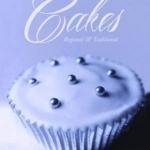
Cakes Regional & Traditional
Book
Julie Duff runs an award-winning cake business, which supplies wonderful rich succulent fruit cakes...
Walking with Cattle: In Search of the Last Drovers of Uist
Book
Droving was once the lifeblood of Scotland's rural economy, and for centuries Scotland's glens and...
Kevin Murphy recommended Local Hero (1983) in Movies (curated)

Cumbrian Contrasts: A Vision of Countryside
Book
This is nature writer Jan Wiltshire's second book, following the highly successful About Scout Scar....
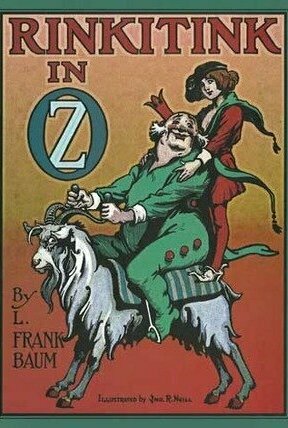
Rinkitink in Oz
Book
"Rinkitink in Oz: Wherein is Recorded the Perilous Quest of Prince Inga of Pingaree and King...
Lottie disney bookworm (1056 KP) rated A Frozen Heart in Books
Sep 20, 2020
It is this, seemingly simple, difference that gives “A Frozen Heart” it’s edge. The inclusion of Hans’ viewpoint allows us to witness his upbringing as the 13th Prince of The Southern Isles: we visit looming, black, inhospitable castle with it’s stern, hard-to-please King; an absent-minded, weak but loving Queen and the youngest Prince who has been bullied for his entire life.
Rudnick’s characterisation of Hans is nothing less than pure genius. It is difficult to feel anything but pity for Hans during his childhood: he is constantly disappointing his father and being physically and emotionally bullied by his brothers. The only family member whom Hans truly seems to love is his mother but she is portrayed as somewhat absent in her mental state. (As a mother I can only assume this is from having 13 sons! I struggle with 2!)
Even when Hans “plots” his way to Arendelle, it is purely an evacuation plan. He is so desperate to leave the Southern Isles that he believes Elsa, a social enigma of a future queen, is his best chance for a new life. Then, when Hans realises Elsa is a lost cause and goes off singing and dancing into the night with Anna, at first, the reader genuinely believes his intentions are good. It even reminded me of the fan theory that Hans is the real deal until the trolls sing “get the fiancé out of the way”.
Hans is never completely trustworthy though: he is too acutely aware of how others view him and his actions, as well as the relative power those onlookers have and whether they will support him with his next, calculated move.
Hans also seems to be of the opinion that a Queen needs a King and the King will rule. Apart from being adoringly archaic(!), it is likely that this could be an effect of the relationship between his parents: the brief insight we have into the King and Queen of the Southern Isles suggest Hans has never had a strong female role model in his life. Again, Rudnick’s writing and characters implying that Hans is not 100% to blame: perhaps he is merely a product of the harsh environment he was brought up in?
Unfortunately, the deep-rooted power complex instilled from his father wins out in the end and Hans can see no alternative life but one where he is ruler. Thus, the villain in him rises; constantly calculating and predicting how his actions will be judged by others and the tale with which we are so familiar plays out.
Anna’s story runs along similar parallels to Hans, with neglect and isolation from her closest family. However, the way this pain manifests in Anna could not be further than that of the Prince of the Southern Isles.
‘A Frozen Heart’ reflects Anna’s vulnerability in every sentence. As a young girl Anna lost her freedom as well as her best friend and sister; as a teenager she loses her parents and this has formed an extremely fragile, trusting, naïve young woman. Anna has lived the definition of a sheltered childhood: is it any wonder she falls in love with the first man who pays her attention? Anna’s even confesses to herself: “That is all I ever wanted. For someone to love me”.
Despite this, Anna does not present as a weak character. Yes, she is a hopeless romantic: all the best people are in my opinion! However, she is also strong-willed and is willing to go to any lengths to bring back her sister. Rudnick’s first-person perspective only highlights this strength in Anna: she completely accepts her faults and can see the error in her actions, particularly when it comes to Hans, but she can not and will not give up.
I really enjoyed the insight into Hans and Anna’s thoughts and particularly into Hans’ background. However, once this initial thrill was over, I felt that ‘A Frozen Heart’ merely followed along with the plot of the movie and, dare I say, became a bit lazy?
Please don’t misunderstand me, I did enjoy the book and Rudnick did an amazing job bringing to life our favourite characters on the page but I just needed a little bit more: perhaps an insight into Kristoff’s backstory? How does a young boy with a reindeer find himself adopted by trolls? Is Kristoff even an orphan? What has he experienced in order to consider the trolls love doctors?
‘A Frozen Heart’: an interesting concept but maybe played it a little too safe? Please let me know your thoughts.

